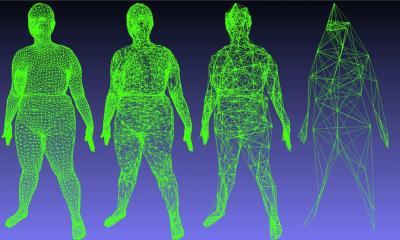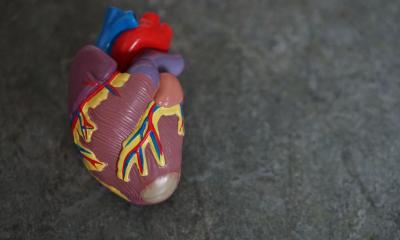Bariatric surgery cuts cardiovascular risk in obese patients
Cardiovascular risk in obese patients can be reduced up to 79% in those who undergo Roux-en-Y gastric bypass after other treatments have failed, compared with those who do not have this procedure, according to a study published in the American Journal of Cardiology (1/10/08).
Lead author Dr John A Batsis, now at Dartmouth-Hitchcock Medical Centre in Lebanon, New Hampshire, pointed out that, although the cardiovascular benefits of bariatric surgery have been examined before, this study has been the first to use two validated cardiovascular risk scores on a validated patient population and compare these results to aggregate study results published elsewhere.
The research, carried out when Dr Batsis was at the Mayo Clinic, in Rochester, Minnesota, involved the research team in a search of MEDLINE and identification of six studies that assessed cardiovascular risk after bariatric surgery for obesity. The risk models from those studies were then applied to a previously published validation cohort involving 197 patients who underwent Roux-en-Y gastric bypass and 163 controls.
Cardiovascular risk at 10 years was calculated using the Framingham and Prospective Cardiovascular Munster Heart Study (PROCAM) risk tables.
In the reviewed studies, bariatric surgery reduced the relative risk for cardiovascular events by 18-79% using the Framingham score and by 8–62% using the PROCAM score.
Using the Framingham score, the absolute 10-year risk of cardiovascular events with bariatric surgery fell from 7.0% to 3.5% validation cohort; using the Procam score the reduction was from 4.1 to 2.0% (p < 0.001 for both). By contrast, the corresponding reductions seen in controls were moderate, from 7.1 to 6.5% and 4.4 to 3.8%
(p = NS). ‘Whether these risk scores can be applied to patients undergoing bariatric surgery requires further examination,’ Dr Batsis added.
Further studies are needed to evaluate the long-term impact of bariatric surgery on predicted cardiovascular risk in obese patients by establishing the actual number of cardiac events.
20.11.2008











